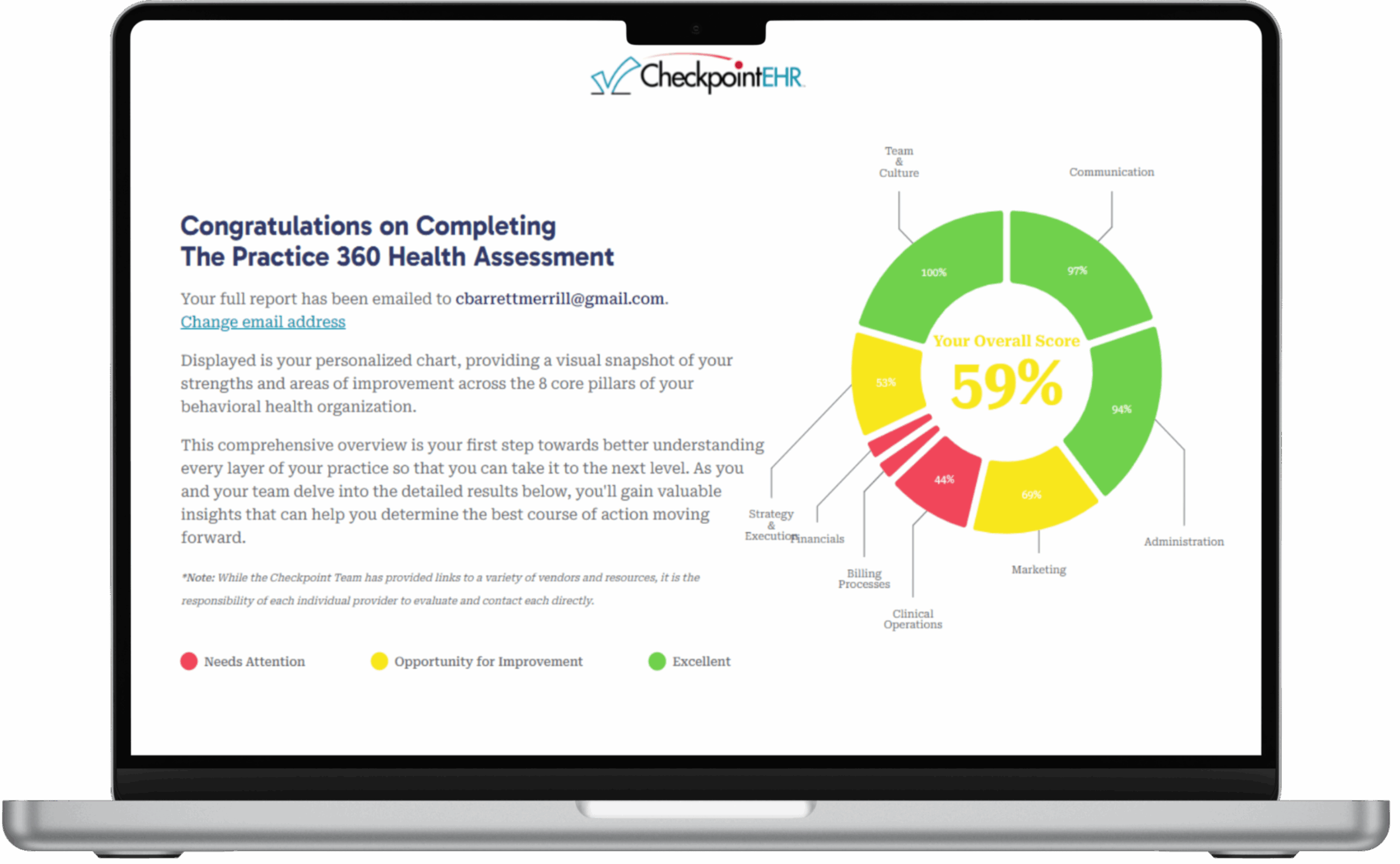State of Emergency: How the National Response to the Opioid Epidemic Could Affect Healthcare Providers

President Trump has stated that he will declare a national emergency to address what he referred to as the nation’s opioid epidemic. He has declared that the administration is going to spend a lot of time, effort and money in dealing with the opioid epidemic.
Is There an Opioid Epidemic?
There is unquestionably widespread abuse of both legal and illegal opioids. Opioids are the family of drugs that include illegal drugs like heroin and opium and medications like Vicodin and OxyContin that are prescribed for pain relief. Vicodin is the most prescribed drug in the U.S., and has been so for many years.1
According to the Centers for Disease Control and Prevention, more than 60 percent of overdose fatalities occur as a result of opioid abuse. The CDC also reports that the use of prescription opioids was almost four times greater in 2010 than in 1999, and that the number of deaths associated with opioid overdoses more than quadrupled.2 More than 52,000 Americans died from drug overdoses in 2015.3
What Type of Emergency Will the President Declare?
Unfortunately, the President did not specify what legislation he would be calling upon to put a national emergency response into action. He did not go into any details about how the opioid epidemic would be tackled. This makes it difficult to anticipate the impact that new legislation or countermeasures are likely to have on healthcare practices.
The President can declare an emergency through either the Public Health Service Act or the Stafford Act. The latter legislation was introduced to make resources available in response to emergencies like hurricanes and floods, while the former would release resources to deal with medical issues.
If the President intends to invoke the Public Health Services Act in response to the opioid epidemic, financial resources may be made available to improve access to treatment, or to train non-specialized clinical staff to deal with addiction. It might also mean removing some of the restrictions applying to using Medicaid for addiction treatment. It may include training and education for clinical staff to reduce over-prescription.
Based on the President’s actions so far, it seems more likely that he is thinking in terms of clamping down on the availability and use of opioids in the future. It is likely that the President’s vision of how to handle the opioid epidemic is increasing law enforcement budgets and encouraging law enforcement agencies to focus more on the misuse of drugs.
That could mean more resources being allocated to prevent the importation of illegal drugs, and tighter provider regulations for how they prescribe these drugs. Tackling the problem this way may well lead to a reduction in the number of people who will develop an addiction to opioids in the future, but it will do little to help those who already have a problem with opioids.
Healthcare Practices: Wait and See
Trying to anticipate what will happen if and when a national emergency is eventually declared is a guess at best. The President clearly takes the opioid epidemic seriously, which is why he established the opioid commission in March. It is the commission’s recommendation that he should declare a national emergency to deal with the opioid epidemic. If he follows the commission’s other recommendations, healthcare practices should see a boost in funding to enable them to provide treatment to more people suffering from opioid addiction.

